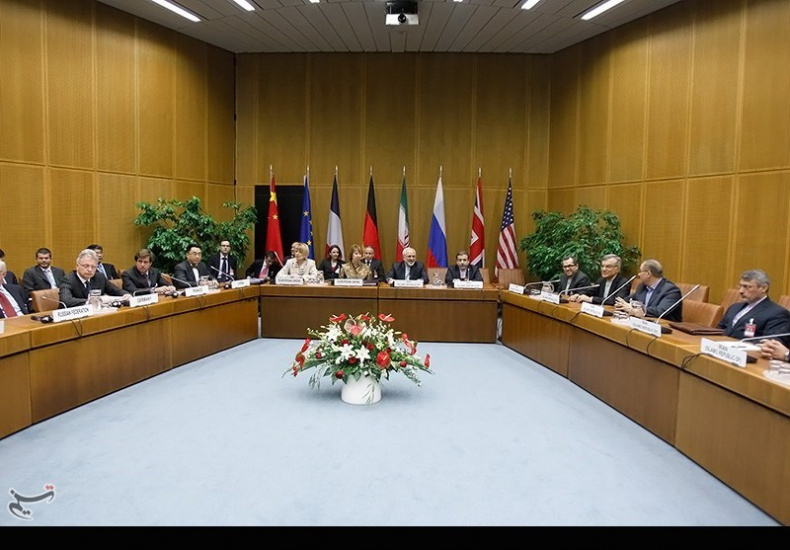Resolution of Iran-P5+1 Differences Not Impossible

-Mr. Araghchi’s interview at the end of the latest round of nuclear negotiations with the P5+1 clearly defined the ruling atmosphere in the negotiations and the fears and hopes in this round.
-Prior to the beginning of negotiations, both Mr. Zarif, as Iran’s senior negotiator, and the western parties had repeatedly reiterated the complexities and difficulties of this round of negotiations aimed at writing the draft of the final step.
-Thus, as an observer, I was not surprised by the lack of an agreement between Iran and the P5+1 as I had predicted it in an article which was published on Thursday.
-Those who are familiar with the nature of such negotiations know the difficulties and how much time must be spent over sentences, words and even points and commas. At this stage, both sides must present their drafts so that, at the end, one of the drafts could be agreed upon.
-In this round of negotiations, the Iranian team had emphasized that we would either agree upon all issues or none of them. This indicates the complete knowledge of the negotiators on different issues, on one side, and the concerns for observing Iran’s red lines, on the other.
-With this approach, Iran has shown the other side that while it is ready to reach an agreement based on international laws, it will not accept demands which go beyond the NPT.
-The opponents of the nuclear agreement between Iran and the P5+1, and on top of them the Zionist regime, have attempted to impact the atmosphere of negotiations prior to this round through their secret media diplomacy.
-One of the methods used by the opponents of this agreement is to highlight the issues which are not basically the basis of negotiations and affect the atmosphere of negotiations, among which is Iran’s defense program.
-The issuing of the verdict by the judges of Argentina’s federal court and the emphasis that the agreement reached between Iran and Argentina to establish an independent fact-finding delegation to review the case of the AMIA bombing is against this country’s constitution, thus, cannot be implemented, on one hand, and Hagel’s visit to the occupied territories claiming that the US will prevent Iran from achieving an atomic weapon, on the other, could be analyzed along the line of the attempts of the opponents to impact the atmosphere of negotiations.
-Prior to this round of negotiations, Mr. Zarif had tweeted that the most important element of success in negotiations is determination. We are determined and we hope that our counterparts will be determined as well.
-Mr. Araghchi had also expressed hope that the P5+1 would enter negotiations with one voice because otherwise reaching an agreement would become difficult. Therefore, what could be interpreted from the statements made by Mr. Zarif and Mr. Araghchi is that the Islamic Republic of Iran is ready to reach an agreement and it is the other side which must make difficult decisions.
-As the Islamic Republic of Iran needs to reach an agreement to end the nuclear dispute and lift sanctions, the member countries of this group, particularly the western party and the US, are also in dire need of reaching an agreement with Iran.
-Barack Obama is passing the last years of his presidency while he has not been able to succeed in many issues of foreign policy and his reputation has been questioned.
-Failure in resolving the Syrian issue, the defeat of the Middle East peace process and the present Ukrainian crisis are part of Obama’s failures in foreign policy, thus, he seriously needs to reach an agreement with Iran in order to conceal his lack of success.
-On the other hand, Obama has, hitherto, paid heavy prices to reach a nuclear deal with Iran. The threat of vetoing the possible sanctions by the US Congress against Iran by the US President is among these costs and if he fails in this regard he must respond to the radicals.
-One must not speculate because the basis of negotiations is secret and is supposed to remain secret.
-Prior to this round, one of the serious differences between Iran and the P5+1 was Arak’s heavy water reactor but it has been reported that both sides have been able to reach an agreement in this regard in order to minimize the differences.
-Therefore, if both parties continue their negotiations with real determination and separate from outside forces, one could hope that the ground would be prepared for reaching a final agreement.

